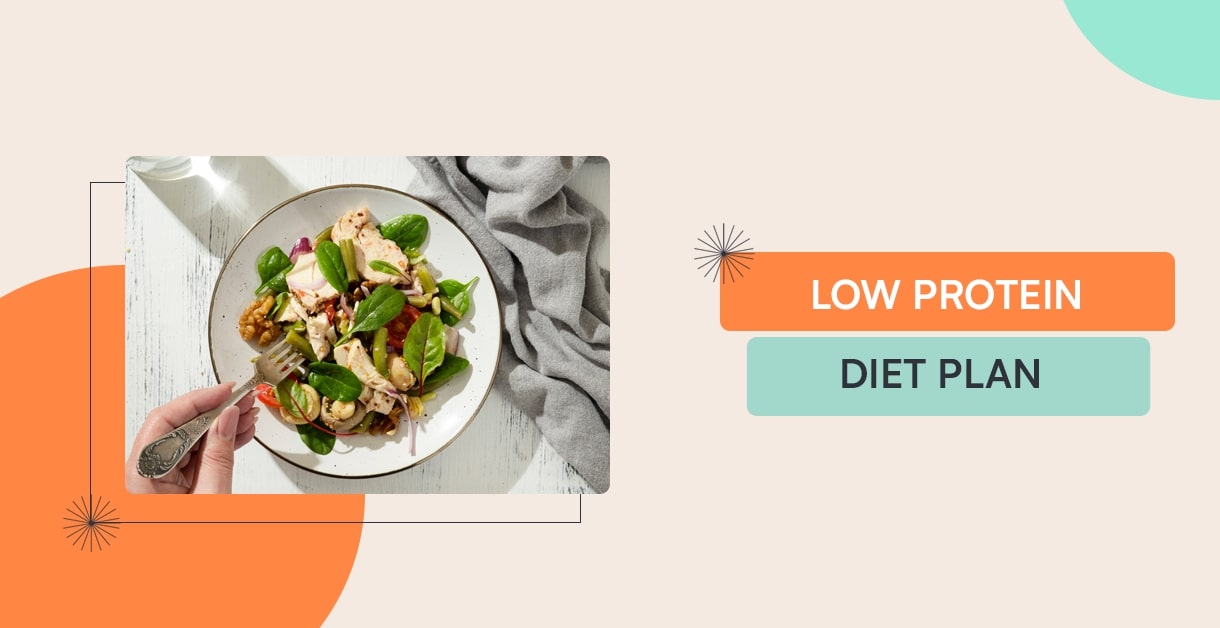2Mami Insights
Your go-to source for news, tips, and inspiration.
Fuel Your Life with Protein Punch
Unlock your energy and vitality! Discover delicious protein-packed recipes and tips to supercharge your life. Fuel up today!
The Importance of Protein: Why You Need It for a Healthier Life
Protein is a crucial macronutrient that plays a vital role in numerous bodily functions. It is essential for building and repairing tissues, making enzymes and hormones, and supporting immune function. Without adequate protein intake, your body may struggle to perform these essential tasks, leading to a range of health issues. According to the Healthline, protein is also important for maintaining muscle mass, especially as we age. Ensuring you consume enough protein can help prevent muscle loss and promote overall strength.
Moreover, incorporating a sufficient amount of protein into your diet can contribute to better weight management. Protein increases satiety, which can help curb hunger and reduce the likelihood of overeating. Research published by the National Institutes of Health suggests that a higher protein intake can boost metabolism and promote fat loss while preserving lean muscle mass. Therefore, prioritizing protein in your meals is not just beneficial for muscle health, but it also plays a significant role in achieving a healthier and more balanced lifestyle.

Top 10 Protein-Rich Foods You Should Include in Your Diet
Incorporating protein-rich foods into your diet is essential for maintaining muscle mass, supporting metabolic function, and promoting overall health. Here are the top 10 protein-rich foods that you should consider including in your meals:
- Chicken Breast - A staple in many diets, chicken breast is lean and packed with protein, making it an excellent choice for muscle building.
- Eggs - A complete source of protein, eggs provide essential amino acids needed for the body's growth and repair.
- Greek Yogurt - Thick and creamy, Greek yogurt not only serves as a delicious snack but is also rich in protein and probiotics for gut health.
- Lentils - These legumes are a great vegetarian protein source and are high in fiber, promoting digestive health.
- Quinoa - Often dubbed a superfood, quinoa is a complete protein that provides all nine essential amino acids.
Continuing the list, here are five more protein-rich foods that you can easily add to your diet:
- Tofu - A versatile plant-based protein, tofu absorbs flavors well and is perfect in stir-fries and salads.
- Salmon - This fatty fish is not only high in protein but also rich in omega-3 fatty acids, beneficial for heart health.
- Cottage Cheese - Low in fat and high in protein, cottage cheese makes for a great snack or breakfast option when paired with fruits.
- Almonds - These nuts are packed with protein, healthy fats, and vitamins, making them a great choice for a quick snack.
- Black Beans - Rich in protein and fiber, black beans are a fantastic addition to salads, tacos, and soups.
How Much Protein Do You Really Need? A Guide for Different Lifestyles
Understanding your protein needs is essential for maintaining overall health and optimizing fitness. The amount of protein you require varies significantly based on your activity level, age, and lifestyle. For instance, sedentary adults generally need about 46 grams of protein per day, while those who are active or trying to build muscle might require anywhere from 1.2 to 2.0 grams per kilogram of body weight. Additionally, older adults may benefit from higher protein intake to help prevent muscle loss as they age. Understanding these variables can help tailor your protein intake to better suit your personal health goals.
For different lifestyles, protein needs can be broken down into several categories:
- Sedentary Lifestyle: Approx. 0.8 grams per kg body weight.
- Active Lifestyle: Approx. 1.2 - 1.7 grams per kg body weight.
- Athletic Training: 1.7 - 2.0 grams per kg body weight.
- Weight Loss or Muscle Gain: Lean towards higher amounts within the active range.